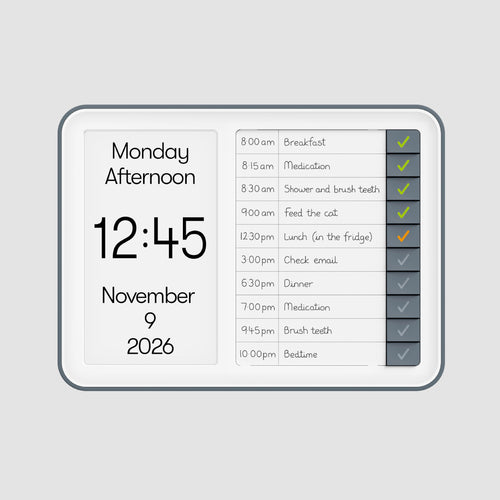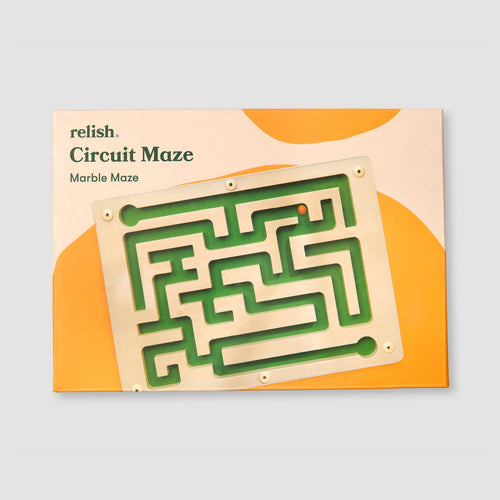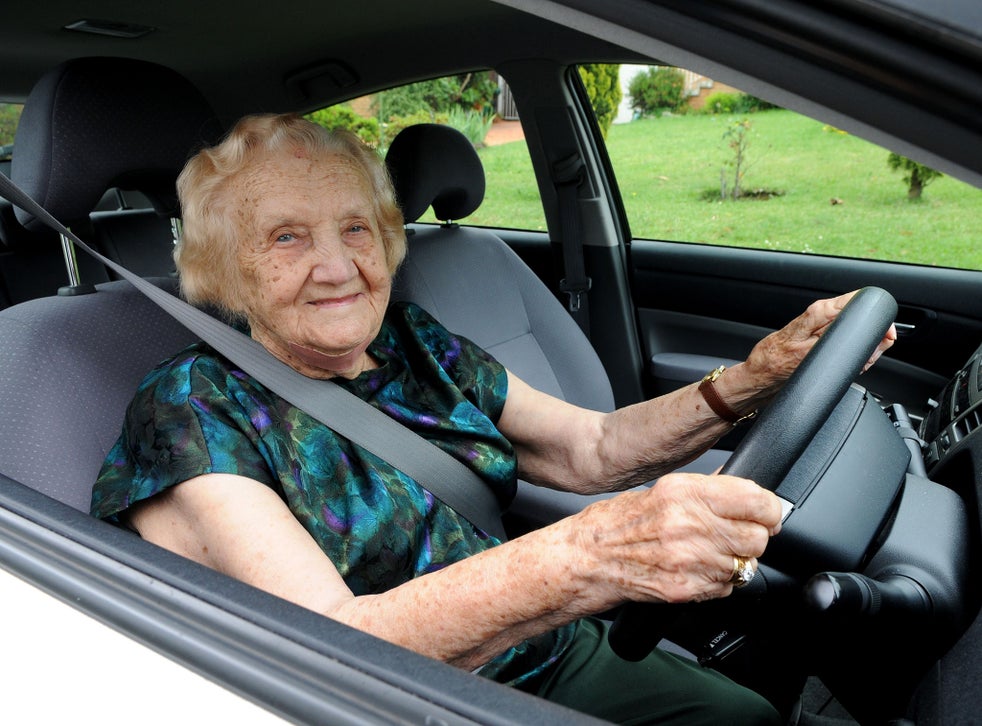When living with dementia, there are a variety of ways to stay independent, and one which is often considered improbable, is to continue driving. Living with dementia does not automatically mean you cannot drive, and many people do continue to do so, rather it just means that in order to drive you may need more regular assessments. Here we will outline some of the benefits and things to be aware of when driving and living with dementia.
What Happens with a Diagnosis?
Once you receive a dementia diagnosis, in the UK, there are certain steps you have to take to ensure you remain within the law; these are to inform the DVLA and your insurance company. This is true of any medical change which can affect your ability to drive.
Whether or not a person is able to drive is a decision that is made after a thorough assessment by a practitioner, and is something which should be reviewed as part of an annual care plan to ensure the safety of the driver and those around them.
Why Driving is Beneficial
Driving provides a whole host of benefits from retaining independence to getting around quicker, and this is still true of someone living with dementia. As long as it is safe to do so, driving can help someone living with dementia get around which is brilliant for reducing loneliness, increasing activity and encouraging social interactions.
The level of independence and accomplishment by driving yourself is also highly beneficial and can help to improve mood.
Is Driving Safe?
When considering whether it is still safe for yourself or your loved one to continue driving there are some signs to look out for such as the following:
• A noticeable lack of co-ordination
• Having a hard time judging distance and a lack of spatial awareness
• Disorientation
• Increased memory loss
• Increased confusion
• Difficulty solving problems
• Lack of awareness and alertness
Explanation
It can sometimes be upsetting for someone living with dementia to learn they are no longer able to drive, as it may feel like their independence has been taken away. The most important thing to remember if you or your loved one can no longer drive, is that the decision is purely based around safety. It is important when explaining this to be as calm and reassuring as possible, and to also offer alternatives to driving such as the bus or perhaps offering to take them where they need to go.
There may be situations where a person living with dementia may refuse to give up driving or may simply forget they are not meant to be driving. In situations where this is the case, safety should be paramount. Although it may be hard, in these cases you need to take steps to stop your loved one driving by either removing the car or preventing their access to it.
The most important things to remember when considering if it is possible to drive when living with dementia is that safety is the most important thing. Whilst driving is still possible for many, it should be considered that as someone moves along their dementia journey it may not always be an option, and other arrangements may be necessary.






















